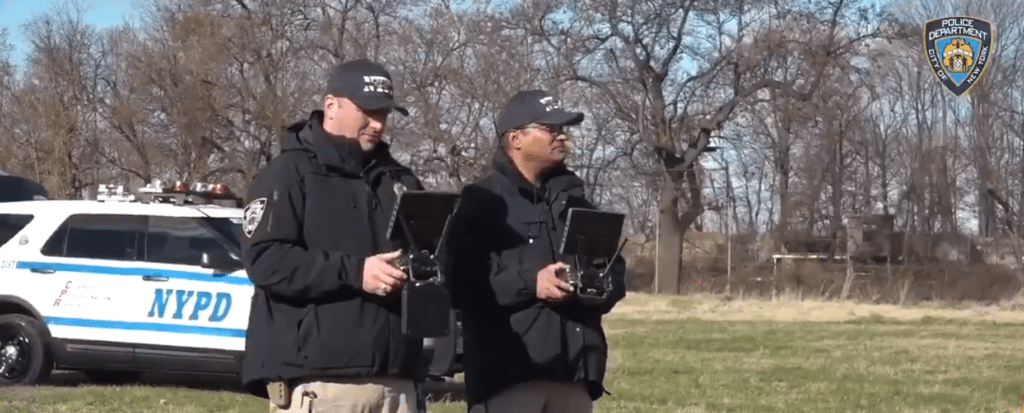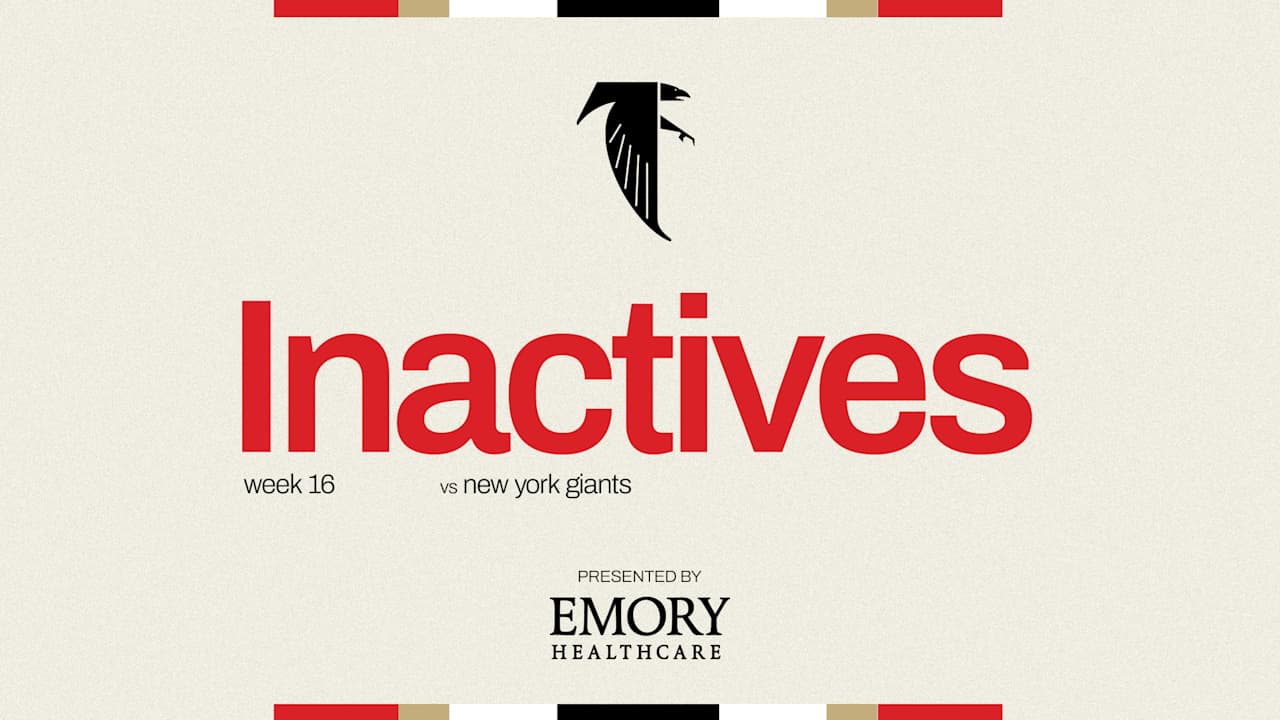Infra
NYPD’s ‘Drone as First Responder’ Program Expands Public Safety Strategy in New York City

Drones Prove Effective for Rapid, Real-Time Response in Urban Settings
The New York City Police Department (NYPD) continues to demonstrate its pioneering role in integrating drones into law enforcement operations with the launch of the “Drone as First Responder” (DFR) program. Announced by Mayor Eric Adams and NYPD Interim Commissioner Tom Donlon, the program leverages advanced drone technology to enhance emergency response capabilities across New York City. This initiative supports NYPD’s mission to serve the city safely and efficiently, offering a compelling example of how drones can be effectively utilized in crowded urban settings.
The DFR program is operational in five precincts across three boroughs, reinforcing NYPD’s position as a national leader in using drones for public safety. This latest phase in NYPD’s unmanned aerial systems initiative deploys two drones per command, autonomously dispatched to precise locations of critical incidents, such as missing person searches, gunshot alerts, and certain crime reports. These drones provide real-time, high-definition audio and video streams accessible to officers on department-issued smartphones, allowing for an immediate understanding of on-site conditions.
“New York City is flying into the future as we keep New Yorkers safe,” said Mayor Adams. “While the ‘Drone as First Responder’ program is what precision policing in the 21st century looks like, drone potential is really just taking off. We are leveraging the latest technology to enhance the NYPD’s emergency-response capabilities.”
Enhanced Awareness and Public Safety
The DFR program offers unique advantages for public and responder safety, particularly in dense urban spaces where rapid response is critical. NYPD’s drones can often reach incident locations faster than traditional patrol vehicles, providing early situational awareness and critical aerial insights. This allows responders to assess crime scenes, evaluate crowd sizes, and manage traffic in a way that improves safety for both officers and the public.
Deputy Mayor for Public Safety Chauncey Parker underscored the added value of drones in emergency response, noting, “When New Yorkers need help, our first responders are always there as quickly as possible to ensure their safety. This program adds a powerful tool to our toolkit, enabling police to respond faster and with more accurate information.”
Since 2018, NYPD has used drones for various public safety tasks, such as search-and-rescue operations, evidence gathering, and infrastructure inspection. The department’s successful use of this technology highlights the benefits drones bring to crowded environments, where mobility and speed are often constrained.
“We are at the forefront of these exciting innovations today, and we must always keep seeking out the benefits of new and improving technology,” said Interim Commissioner Donlon. “Our DFR program is part of this evolution. It enables our highly trained officers to be even more responsive to the people we serve.”
Key Capabilities of the DFR Program
The DFR program’s drones offer a range of capabilities crucial for enhancing emergency response:
- Rapid Deployment: Drones swiftly reach incident sites, often faster than ground responders, aiding in quicker intervention.
- Enhanced Situational Awareness: Real-time video feed gives officers critical early information to guide response strategies.
- Safety Improvements: By assessing potential hazards in advance, drones reduce risks for both officers and the public.
- Search and Rescue: Equipped with thermal imaging, drones locate individuals across challenging terrain and in low-light conditions.
- Evidence Collection: High-resolution imagery aids investigations and scene documentation.
- Response to Natural Disasters: Drones survey large areas following disasters, allowing for prioritized response.
Every DFR flight is managed by certified NYPD drone pilots stationed at the Joint Operations Center or other command locations. Officers control the drones remotely and can quickly relay information, such as suspect descriptions, to units on the ground. A member of NYPD’s Legal Bureau also monitors each mission in real time, ensuring accountability and compliance.
Supporting Community Safety Across New York City
As the DFR program gains traction, it has received significant support from local officials, who emphasize its contribution to making public spaces safer.
The program plays a role in securing popular areas like Central Park, as noted by New York City Department of Parks and Recreation Commissioner Sue Donoghue: “This innovation not only strengthens our emergency response capabilities, but also enriches the overall park experience, allowing families to focus on what truly matters.”
This initiative builds on NYPD’s proven track record, with drones supporting over 4,000 missions in the past year, including approximately 2,300 high-priority calls. By setting a standard in using drones for urban safety, NYPD highlights how aerial technology can enhance law enforcement in complex environments where quick and efficient response is essential.










